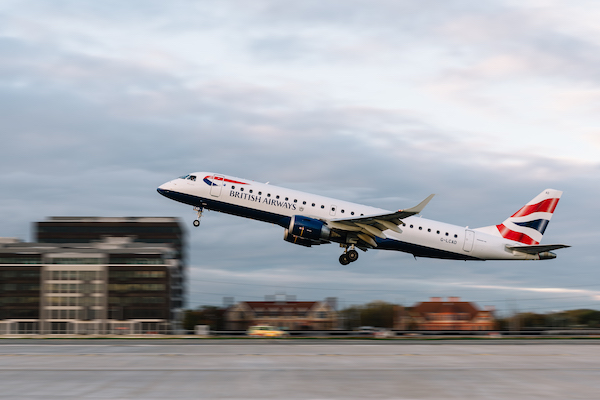The Supreme Court has issued a ruling in a landmark case concerning flight delays caused by crew sickness. This decision impacts airlines and passengers alike.
In what is being hailed as a significant victory for air passengers, the court concluded that airline staff illness does not qualify as an ‘extraordinary circumstance’, mandating compensation for affected passengers.
Landmark Court Ruling
The ruling came from the Supreme Court in the case of Lipton vs. BA Cityflyer, establishing a precedent that airline crew illness cannot be deemed an ‘extraordinary circumstance’. This clarification means passengers affected by delays or cancellations due to such illnesses are entitled to compensation under EU Regulation 261, aiming to uphold consumer protection.
Law firm Bott and Co., representing the Liptons, celebrated the ruling as a victory for air passengers’ rights. They highlighted the case’s potential to influence thousands of claims, reinforcing the obligations airlines have under EU legislation.
The Case of Lipton vs BA Cityflyer
Kenneth and Linda Lipton, the claimants, faced a cancelled flight from Milan to London due to a pilot falling ill unexpectedly. The replacement flight caused a delay exceeding two hours beyond the scheduled arrival time, prompting their demand for compensation from BA Cityflyer.
Initially rejected by lower courts, the Liptons’ claim won support in the Court of Appeal, which reversed prior decisions. The Supreme Court upheld this reversal, cementing the notion that an airline must manage common business disruptions like staff illness.
Regulation 261 and Airlines’ Responsibility
EU Regulation 261 obliges airlines to compensate passengers for significant delays unless ‘extraordinary circumstances’ are proven.
The Supreme Court’s decision emphasises that airlines can’t classify common operational issues, such as staff sickness, as extraordinary. This ensures passengers are compensated and requires airlines to have robust staffing and emergency measures in place.
As Bott and Co. noted, the ruling could influence numerous future claims, compelling airlines to reassess their readiness to avoid operational disruptions.
Industry Reactions
Rocio Concha from the consumer association Which? praised the decision for reinforcing passenger rights, especially with busy travel periods looming. She suggested airlines have historically bypassed compensation responsibilities through vague rule interpretations.
Concha also advocated for enhanced powers for the Civil Aviation Authority to enforce compensation rulings effectively, highlighting ongoing passenger challenges in securing owed compensation.
Additionally, Bott and Co. solicitor Coby Benson remarked on the ruling’s significance, urging airlines to appropriately staff and prepare for eventualities, thus prioritising passenger protection.
British Airways’ Response
A BA spokesperson expressed disappointment with the decision, yet acknowledged the Supreme Court’s authority. This response underscores the complexities airlines face in balancing operational challenges with regulatory compliance.
The court’s decision pressures airlines like BA Cityflyer to refine their operational strategies, ensuring compliance with consumer rights mandates. Ensuring clarity around compensation obligations remains critical for maintaining consumer trust and industry standards.
Implications for Passengers
This ruling serves as a pivotal reminder for passengers regarding their rights under EU regulation. Travellers affected by similar situations are eligible for compensation, empowering them to challenge unjust denials.
With strengthened awareness, passengers can more confidently claim their rights, ensuring airlines maintain accountability. This shift may influence how airlines approach customer service and compensation processes going forward.
The decision is likely to encourage widespread reevaluation of airline customer policies, fostering an environment where consumer protection is paramount.
Future Outlook
The Supreme Court’s ruling is anticipated to catalyse sweeping changes in the aviation industry.
Airlines must now meticulously prepare for potential disruptions, reinforcing staffing and flight management systems to comply with EU regulations.
This decision marks a significant turn in passenger rights advocacy, potentially setting a new norm in airline operational readiness.
The Supreme Court’s decision fortifies passenger rights by mandating compensation for delays due to crew illness, reshaping industry standards.

